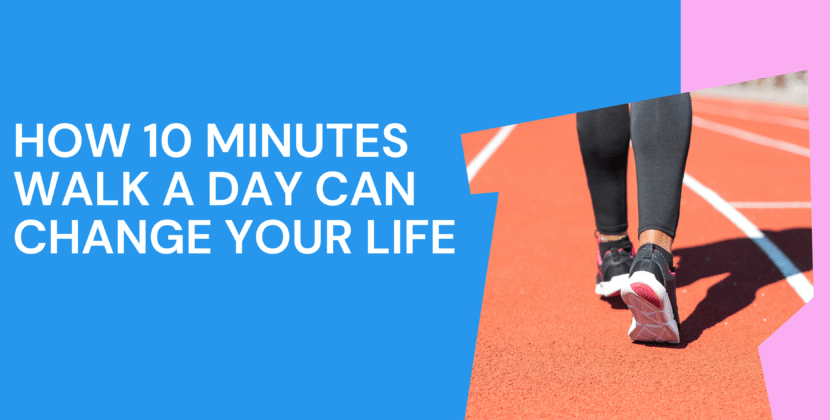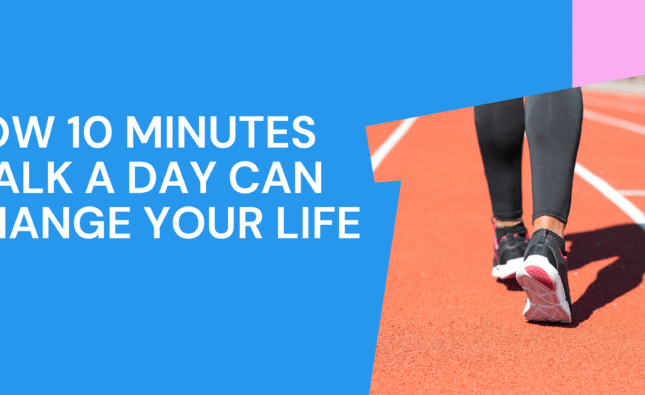
Should I Eat a Protein Bar Before or After Workout? Complete Guide for Optimal Performance
In the world of physical fitness, nutrition timing is just as critical as your workout itself. Whether you’re trying to build muscle, burn fat, or boost endurance, knowing when to fuel your body with protein can directly influence your results. A common question people ask is:
Should I eat a protein bar before or after workout?
This guide will help you understand the role of protein bars, the best time to eat them, and how to choose the right one based on your fitness goals.
What Are Protein Bars?
Protein bars are convenient, portable snacks designed to deliver a quick dose of protein—anywhere from 10g to 30g per serving—often with added carbs and fats for energy.
Common Ingredients in Protein Bars:
| Ingredient Type | Examples | Purpose |
|---|---|---|
| Protein Source | Whey, casein, soy, pea, brown rice | Muscle repair |
| Carbohydrates | Oats, brown rice syrup, fruits | Energy |
| Healthy Fats | Nuts, seeds, coconut oil | Satiety & hormone support |
| Fiber | Inulin, chicory root, oats | Digestion & fullness |
Not all protein bars are created equal—some are packed with sugar or low in actual protein. That’s why timing and quality matter.












